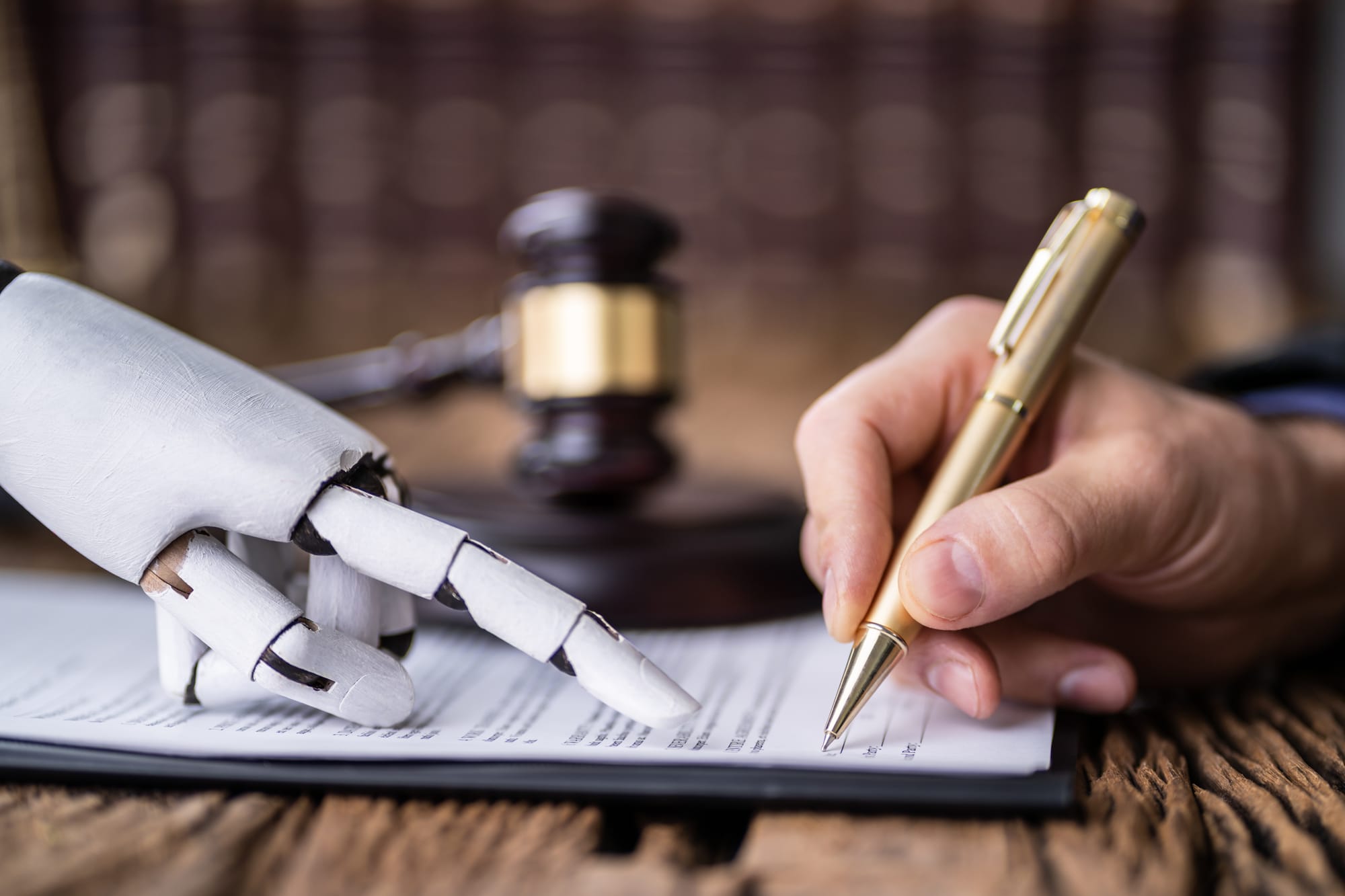AI Surveillance and POPIA Compliance: What South African Businesses Need to Know

As the digital landscape evolves, businesses are increasingly adopting AI-powered surveillance systems to enhance security and operational efficiency. However, with this advancement comes the responsibility to comply with legal frameworks designed to protect personal information. In South Africa, the Protection of Personal Information Act (POPIA) establishes strict guidelines for how organizations must manage and process personal data. For businesses implementing AI surveillance solutions, understanding and adhering to POPIA is crucial to safeguard their operations and maintain customer trust.
Understanding POPIA
POPIA was enacted to promote the protection of personal information processed by public and private bodies. The act provides individuals with the right to privacy and sets conditions for the lawful processing of personal data. This includes clear guidelines on how businesses collect, store, use, and share personal information.Key principles of POPIA include:
- Accountability: Organizations must ensure they comply with POPIA and designate an information officer responsible for data protection.
- Purpose Specification: Personal information must only be collected for a specific purpose and must be disclosed to the data subject.
- Further Processing Limitation: Any further processing of personal data must align with the purpose for which it was collected.
- Information Quality: Businesses must take reasonable steps to ensure that personal information is accurate, complete, and up to date.
- Openness: Organizations must inform individuals about the purpose of collecting their data and obtain consent where necessary.
Integrating AI Surveillance with POPIA Compliance
When incorporating AI surveillance systems, businesses must adopt practices that align with POPIA requirements. Here are key considerations:
- Data Minimization
- Implement surveillance solutions that focus on capturing only necessary data. For example, cameras should be positioned to monitor specific areas without infringing on privacy, such as areas where employees or customers may not expect to be recorded (e.g., restrooms or break rooms).
- Anonymization and Pseudonymization
- Where possible, businesses should anonymize or pseudonymize data collected through surveillance systems. This process removes identifying information, making it harder to link footage to specific individuals and helping to minimize privacy risks.
- Clear Purpose for Data Collection
- Organizations must clearly define the purpose of their surveillance. Whether for security, loss prevention, or operational efficiency, the objectives should be documented and communicated to employees and customers.
- Informing Stakeholders
- Transparency is essential under POPIA. Businesses should inform employees, customers, and visitors about the presence of surveillance cameras, the data being collected, and the purpose of monitoring. Clear signage and privacy policies can help in this regard.
- Consent and Opt-Out Options
- Depending on the context, businesses may need to obtain consent from individuals before collecting their data through AI surveillance. Offering opt-out options in non-critical areas can enhance customer trust and comply with legal requirements.
- Regular Audits and Assessments
- Conduct regular audits of AI surveillance systems to ensure ongoing compliance with POPIA. This includes reviewing data processing practices, security measures, and employee training on data protection.
- Data Retention Policies
- Establish and enforce clear data retention policies, specifying how long recorded footage will be stored and when it will be deleted. Retaining footage longer than necessary can pose compliance risks.
- Security Measures
- Implement robust security measures to protect recorded footage from unauthorized access, breaches, or leaks. This includes encryption, access controls, and regular security assessments.
Conclusion
Integrating AI surveillance systems can significantly enhance security and operational efficiency for South African businesses. However, it is vital to navigate the complexities of POPIA to ensure compliance and protect personal information. By adhering to the principles of accountability, transparency, and data minimization, organizations can leverage AI technology while building trust with customers and employees. With proper implementation and ongoing compliance efforts, businesses can enjoy the benefits of AI surveillance without compromising data protection standards.


